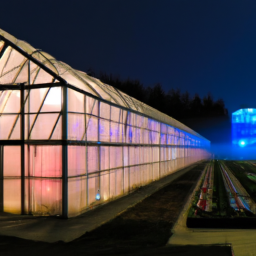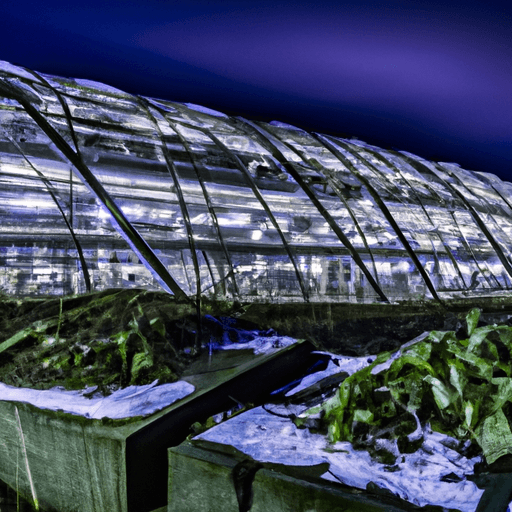987
Newsletter
Subscribe to our newsletter for exclusive content, latest news and trends, and exciting new features.
Tranding
Categories
EntertainmentGaming and esportsBeauty and personal careHome and gardenEnvironment and sustainabilityScience and natureTechnologyMusic and EntertainmentTravel and tourism
Pets and animalsLiterature and writingBusiness and entrepreneurshipLifestyleSports and fitnessArts and cultureEducation and learningFood and cookingHealth and wellness


















Comments
Leave a Comment